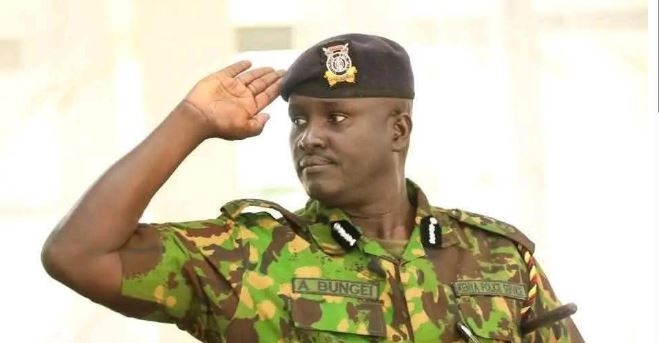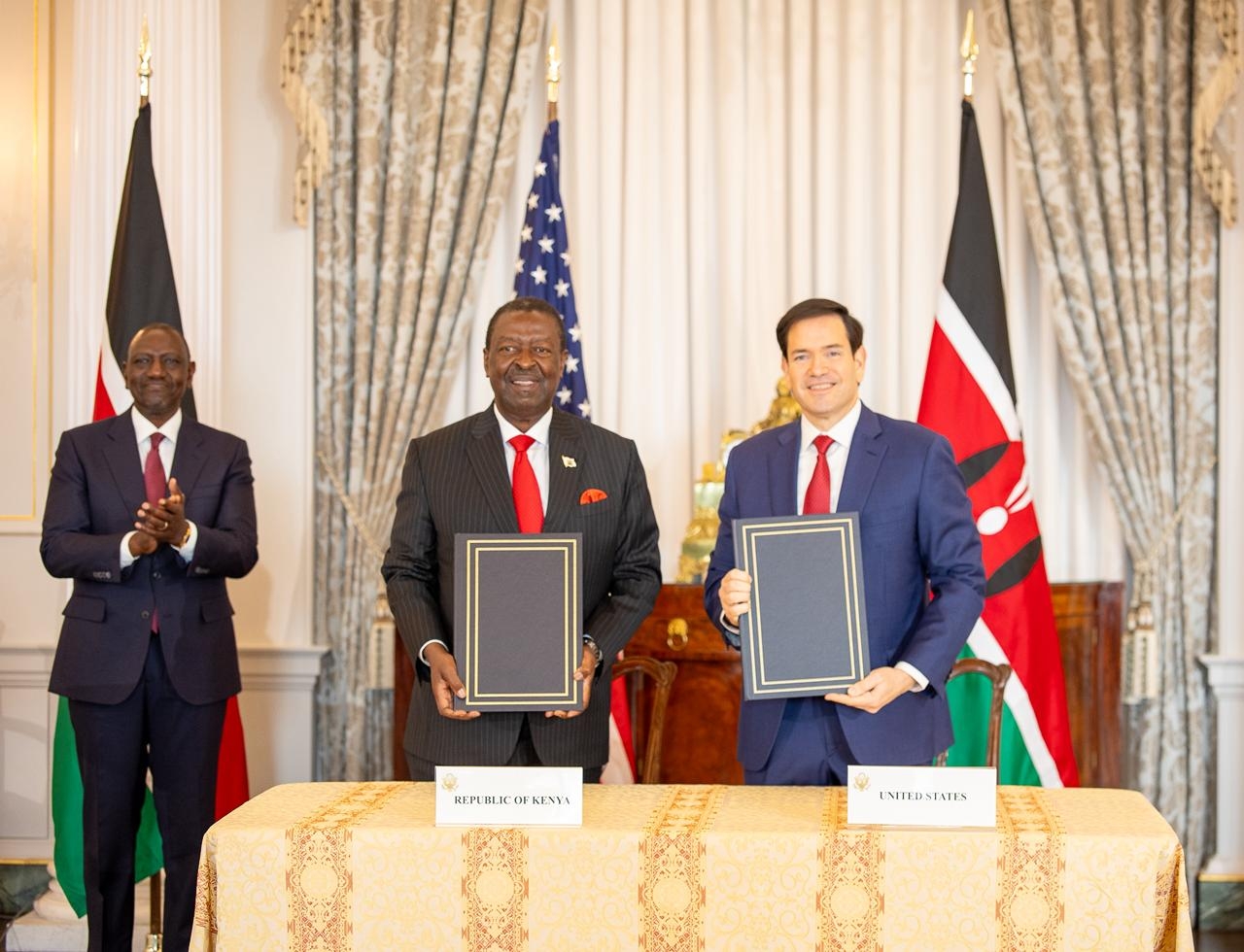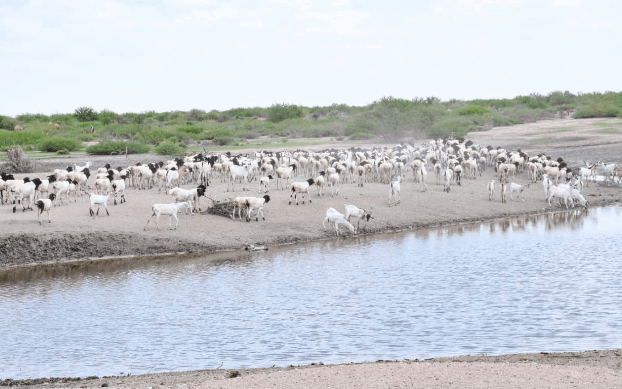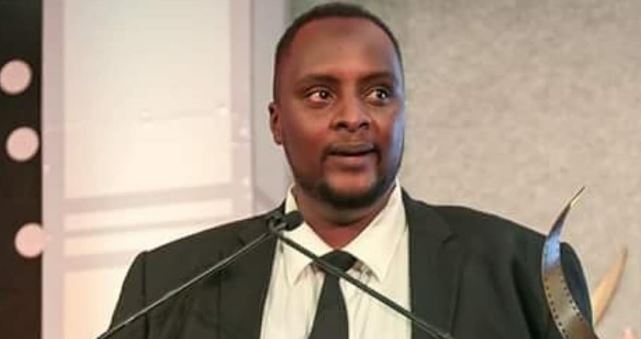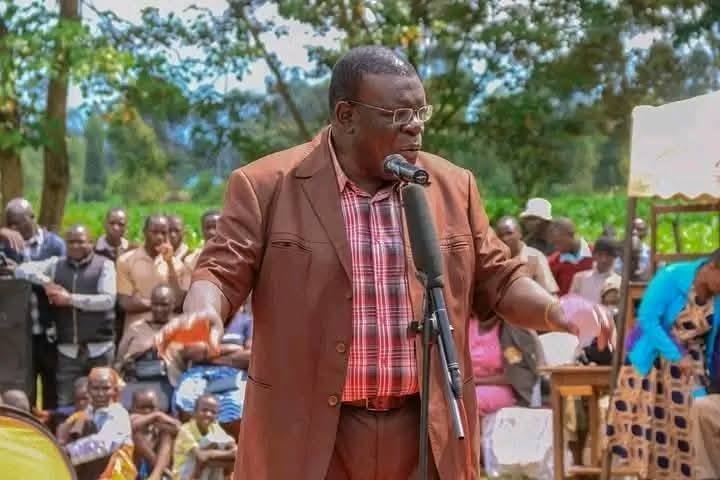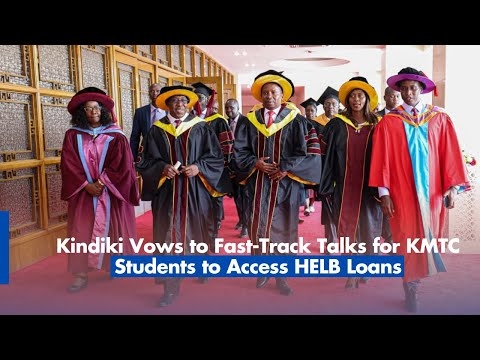Majority of remandees stay longer than necessary in remand prison because they are usually afraid to speak out when given a chance in court.
This was revealed in a session between the remandees and members of the criminal justice system including the prosecution and the judicial officers at the Mombasa Remand Prison in King’orani.
The session was meant to sensitize them on their rights, freedoms, and how to defend themselves where they do not have lawyers.
Human Rights Agenda and Mombasa Law Courts principal magistrate Martin Rabera said courts are like any other public offices where the public should not be afraid to seek and get services.
Huria’s Anthony Maganga said remandees need more legal aid.
“Most of them are there because they do not know how to defend themselves whenever they go to court,” said Maganga.
He said many do not speak out on the infringement of their rights either because of fear of being victimized or they simply do not know who to address their complaints to.
“Most of them are in remand but they actually do not know why they are there,” said Maganga during the Thursday function.
Principal magistrate Rabera said most of the remandees do not express themselves well in court thus denying the magistrate the chance to hear their side of the story.
They then end up being sentenced for something they might have been easily been acquitted of or end up being sentenced to a longer jail term when a shorter one would have been possible.
“The court must get a chance to listen to, understand, and be able to record what the accused says in court for justice to be done.
“Therefore, the accused must be bold and audible enough so as to let the magistrate hear what they have to say either in mitigation or to give their side of the story,” said Rabera.
If they don’t speak or pronounce words well, the accused may give the complainant an easy victory for something the accused may not have done, Rabera warned.
“The court is like any other public office. You are supposed to get service. When in court, ensure you are heard well.
“Staying silent may mean the complainant may emerge victorious not because the accused was actually guilty but because they were not heard,” said Rabera.
Prosecutor Rosemary Karanja said contrary to popular opinion, the accused are the favourite child of the criminal justice system.
“This means they are the most protected,” Karanja said.
She said naturally, all warring parties in the court case feel the court is against them.
“This puts the courts in a precarious position. The public must realise the courts are there to dispense justice based on evidence available,” she said at the Mombasa Remand Prison commonly known as Jela Baridi.
The Mombasa Remand Prison officer in charge John Kanyamuok, who is credited with transforming the prison into the best remand prison in the country, said they consider the human rights of the remandees as their priority.
“Here, we consider the remandees as our brothers, sons, fathers and friends. My priority is for them to feel safe, at home and cared for,” said Kanyamuok.
The remandees complained of delays in hearing of their cases, saying some are forced to spend as many as 18 months in the prison.
However, Rabera explained that the Covid-19 pandemic, coupled with the shortage of magistrates across the country have conspired to force the cases to take longer than would be ideal.
There are only 567 magistrates in the country against a population of more than 45 million people.
However, the Mombasa principal magistrate said they have come up with innovative ways of ensuring they deal with the delays.
“For those outside, we give hearing dates that are far. For those inside like you, we give nearer gearing dates so you can spend less time inside,” said Rabera.
He said people’s lives and freedoms are not to be played with.




